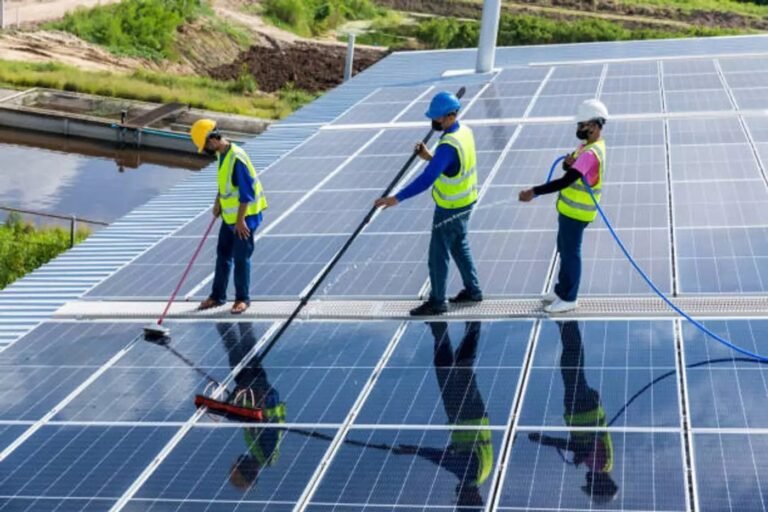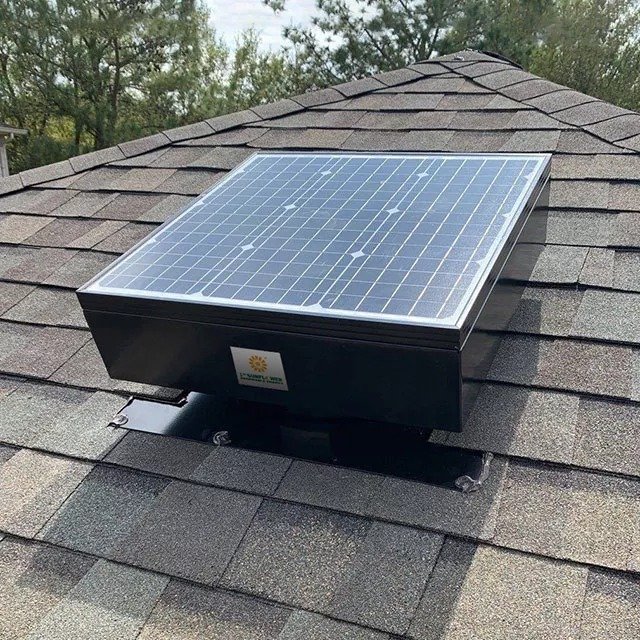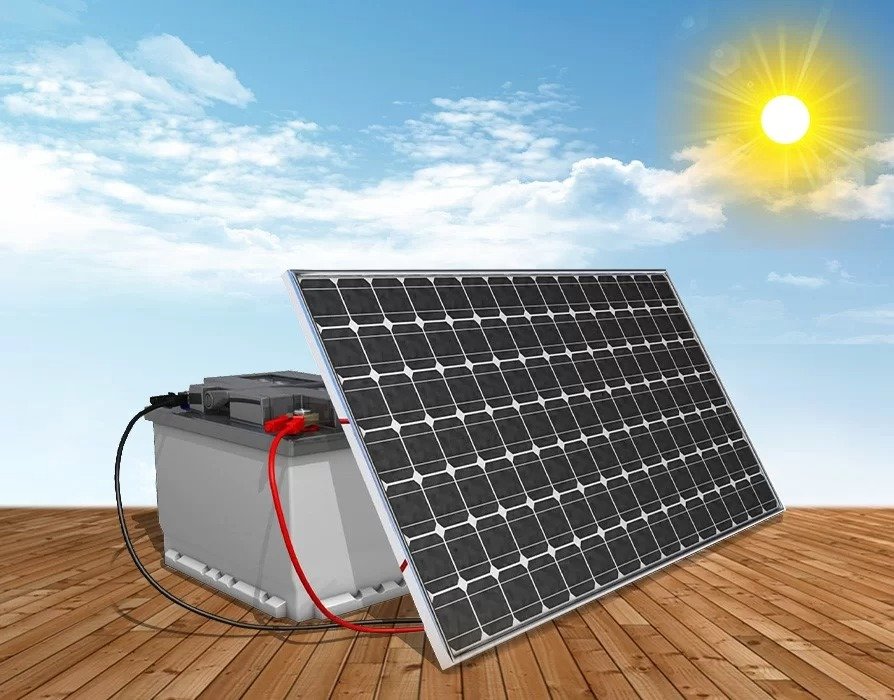How to Ensure Proper Maintenance of Solar Panels for Optimal Performance
Solar panels have become increasingly popular as a sustainable energy solution for homeowners and businesses alike. These panels harness sunlight to generate electricity, offering a clean and renewable alternative to traditional fossil fuels. However, to ensure that solar panels operate efficiently and effectively over their lifespan, proper maintenance and care are essential. This blog explores practical tips on how to ensure proper maintenance of solar panels for optimal performance, helping you maximize their efficiency and longevity.

1. Regular Cleaning
One of the most straightforward yet crucial maintenance tasks for solar panels is regular cleaning. Dust, dirt, leaves, bird droppings, and other debris can accumulate on the surface of solar panels, reducing their ability to absorb sunlight. Cleaning should be done gently using a soft cloth, sponge, or brush with mild detergent and water. Avoid abrasive materials or harsh chemicals that could scratch or damage the panels. Depending on your location and environmental conditions, cleaning may be needed anywhere from once a month to once every few months.
2. Monitor for Shading
Shading from trees, nearby buildings, or other obstructions can significantly impact solar panel performance. Regularly monitor the area around your solar panels to ensure there are no new sources of shading that have developed over time. Trim overhanging branches or remove any objects that may cast shadows on the panels, especially during peak sunlight hours. Even partial shading can reduce the overall output of solar panels, so minimizing shading is critical for optimizing performance.
3. Check for Damage
Periodically inspect solar panels for any signs of physical damage or wear. This includes cracks, chips, or discoloration on the surface of the panels, as well as loose connections or mounts. Damage can occur due to weather events, such as hailstorms or strong winds, or from accidental impacts. Promptly address any damage by contacting a qualified solar panel installer or technician for repairs. Ignoring damage can lead to decreased efficiency and potentially more costly repairs in the future.
4. Ensure Proper Ventilation
Solar panels generate heat when exposed to sunlight, and adequate ventilation is essential to prevent overheating and maintain optimal performance. Ensure that there is sufficient space between the panels and the roof or mounting structure to allow for airflow. This helps dissipate heat and prevents the buildup of heat that can reduce efficiency. Proper ventilation also helps prevent moisture buildup, which could lead to corrosion or electrical issues over time.

5. Check Inverter Performance
The inverter is a crucial component of a solar panel system that converts the DC electricity generated by the panels into usable AC electricity for your home or business. Regularly monitor the performance of the inverter to ensure it is operating efficiently. Many inverters have monitoring systems that provide real-time data on electricity production and system performance. If you notice any abnormalities, such as a decrease in electricity output or error messages on the inverter display, consult a professional technician to diagnose and resolve the issue promptly.
6. Maintain Battery Systems (if applicable)
If your solar panel system includes battery storage, proper maintenance of the batteries is essential for overall system performance. Follow manufacturer recommendations for battery maintenance, including periodic checks of battery charge levels, electrolyte levels (for lead-acid batteries), and connections. Proper maintenance helps ensure that the batteries operate efficiently and have a longer lifespan, providing reliable backup power when needed.

7. Schedule Professional Inspections
While regular maintenance tasks can be performed by homeowners, scheduling periodic professional inspections is also recommended. Professional technicians have the expertise and tools to conduct thorough inspections, identify potential issues, and perform maintenance tasks that require specialized knowledge or equipment. Professional inspections may include electrical testing, thermal imaging to detect hot spots, and overall system performance evaluations.
8. Understand Warranty Coverage
Solar panels typically come with warranties that cover defects in materials or workmanship, as well as performance guarantees. Familiarize yourself with the warranty terms and conditions provided by the solar panel manufacturer and installer. Understanding warranty coverage helps you know your rights and responsibilities regarding repairs and replacements. Keep records of all maintenance activities and communications with the manufacturer or installer to facilitate warranty claims if necessary.
Conclusion
Maintaining and caring for solar panels is essential to ensure they operate at optimal performance and efficiency throughout their lifespan. By following these practical tips—regular cleaning, monitoring for shading, checking for damage, ensuring proper ventilation, monitoring inverter performance, maintaining battery systems (if applicable), scheduling professional inspections, and understanding warranty coverage—homeowners and businesses can maximize the benefits of their solar panel investment. With proper maintenance of solar panels, you ensure they provide clean, renewable energy, reduce electricity costs, and support a sustainable future. Regular attention to maintenance not only protects your investment but also ensures that your solar panel system continues to reliably generate electricity for years to come.